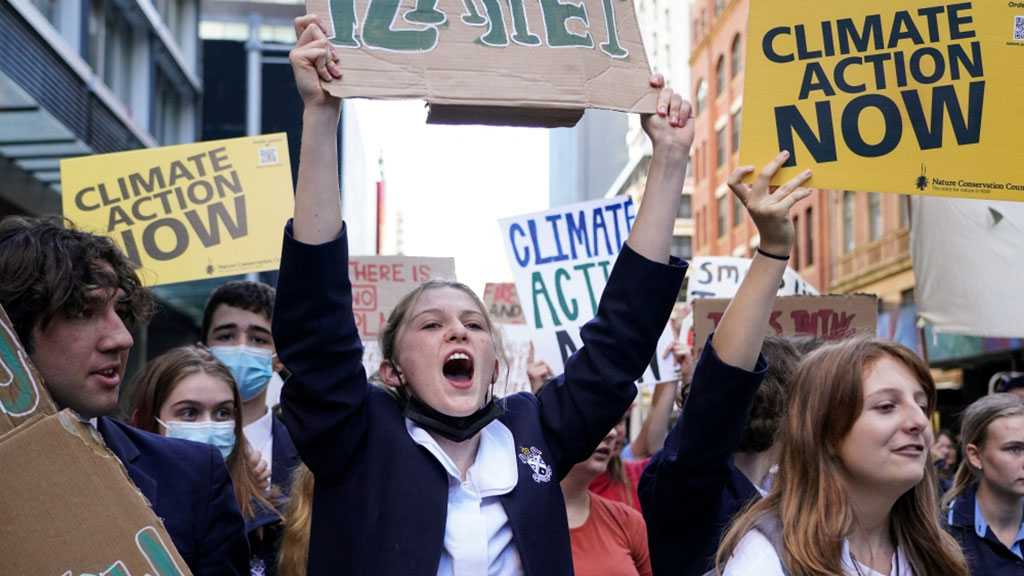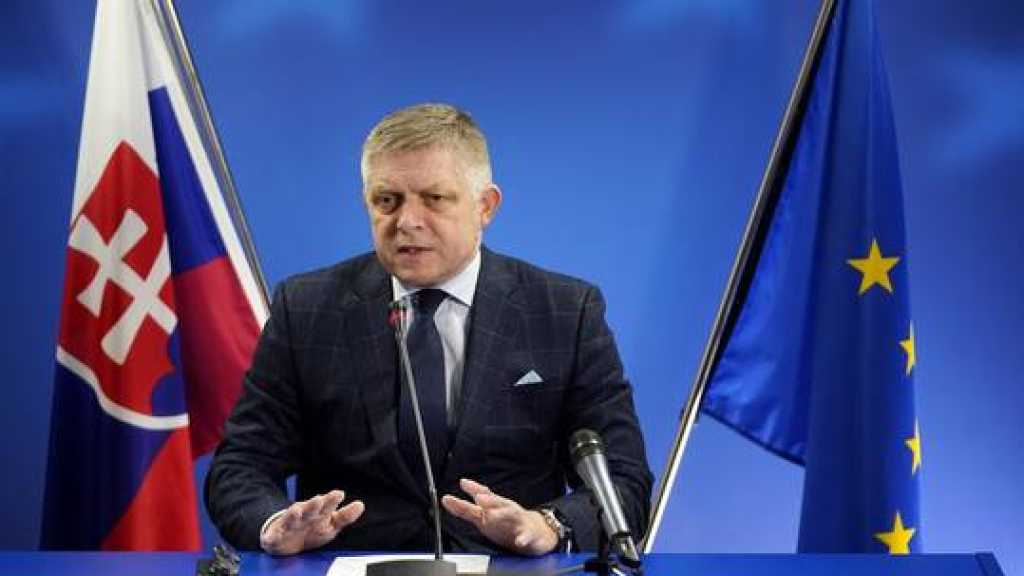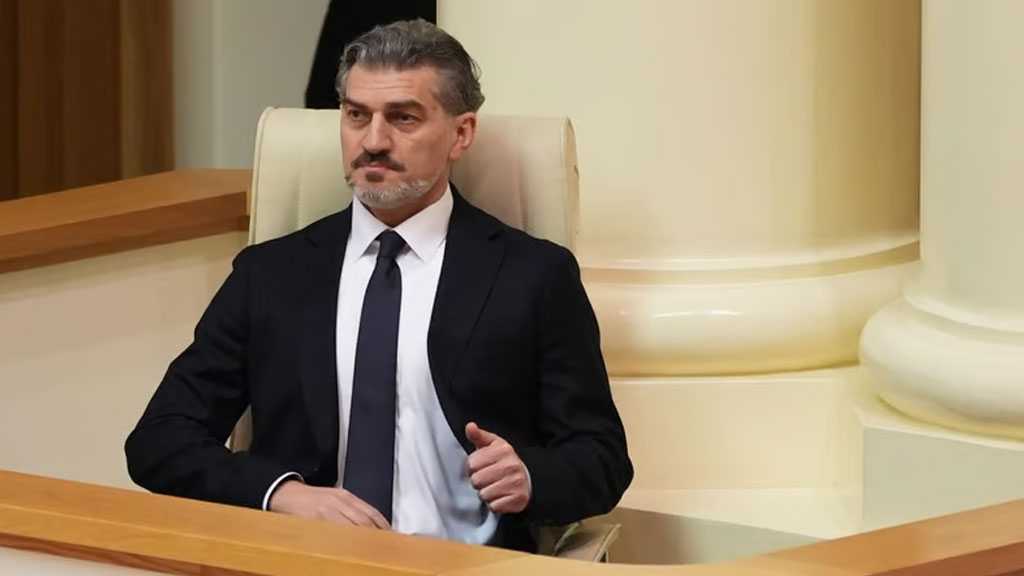UN Expert: Right to Protest “At Risk” in Europe

By Staff, Agencies
A United Nations expert has warned that environmental activists in Europe are encountering growing hostility, cautioning that the fundamental right to protest is in jeopardy in nations typically seen as democracy leaders.
The UN special rapporteur on environmental defenders, Michel Forst, said in an interview that he felt greatly concerned by the increasing hostility towards climate activists in nations such as the United Kingdom, France, Austria, and Germany.
“It creates a sort of chilling effect,” warned Forst, an independent expert appointed under the UN’s Aarhus Convention, a legally-binding text that provides for justice in environmental matters, in an interview with AFP.
“Currently, the right to protest is at risk in Europe.”
Forst mentioned that he had recently traveled to various European nations following reports of activists being subjected to treatment that purportedly breached the convention and international human rights law.
After his trip to the United Kingdom, he expressed concern publicly about the “toxic discourse” and the “escalating crackdown” on environmental advocates.
According to his statement, he alleged that government ministers have been using phrases such as “eco terrorists” and “Green Talibans” to label peaceful activists.
He pointed out that in the UK, certain judges were going as far as prohibiting environmental activists from mentioning the term “climate” when presenting their reasons to the jury.
He further attributed the growing animosity in public sentiment to certain media coverage.
He blamed European media for sensationalizing the news, as it frequently hones in solely on the spectacle of demonstrations, neglecting to address the underlying climate crisis that is driving these protests.
He also censured European nations for their hypocrisy in endorsing environmental advocates globally but neglecting to protect their own activists within Europe.
Firstly, it was alleged by Forst that in Britain, “regressive laws” were being employed to impose severe penalties on climate activists, resulting in one activist being sentenced to six months in prison for a 30-minute slow march that caused disruption to traffic.
Another activist had been sentenced to 27 months behind bars in the UK, he said, decrying harsh sentences in other countries, including Germany.
Last month, Forst reached southwest France, after complaints arose about a crackdown on a long-lasting anti-motorway protest near Toulouse, the “squirrels” activists occupying the trees slated for removal to make way for the A69 motorway have accused authorities of denying them food and water, and disturbing their sleep with bright lights.
He was not even allowed to bring meals for the activists, which “shocked” him.
“Obviously, deprivation of food, of drinking water, of sleep is clearly against international law,” said Forst.
They are “considered acts of torture in international texts”, he added.
He noted that he was looking into the possibility of major corporations, particularly those in the oil and energy industry, engaging in lobbying efforts to intensify the scrutiny on climate activists.
“The most dangerous” companies were even “using security forces, connections with the mafia... to target and sometimes to kill defenders,” he said.




